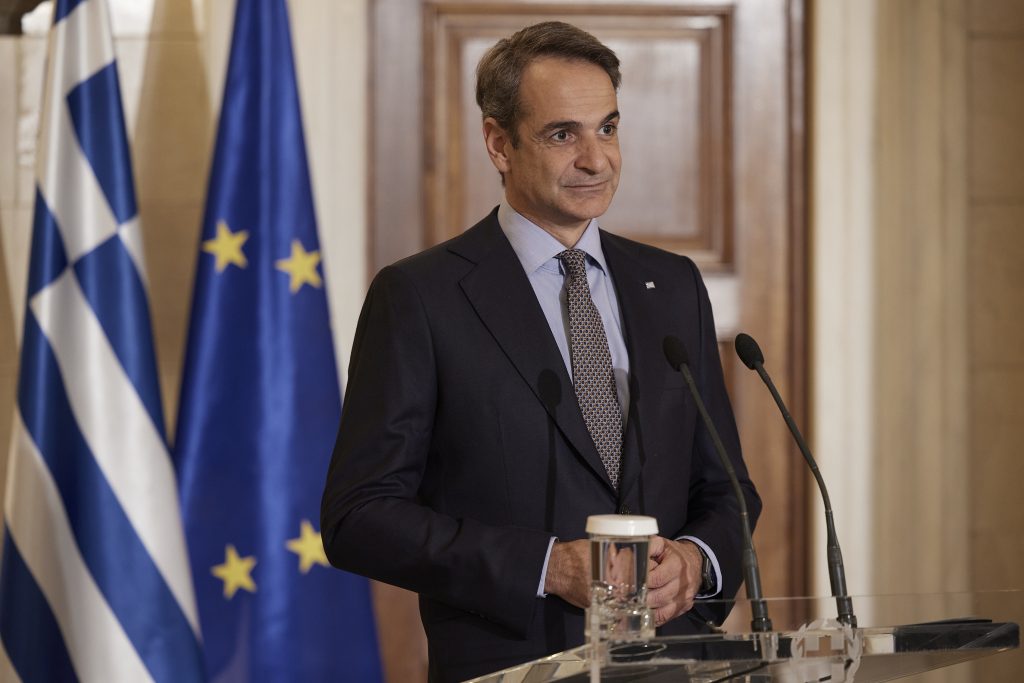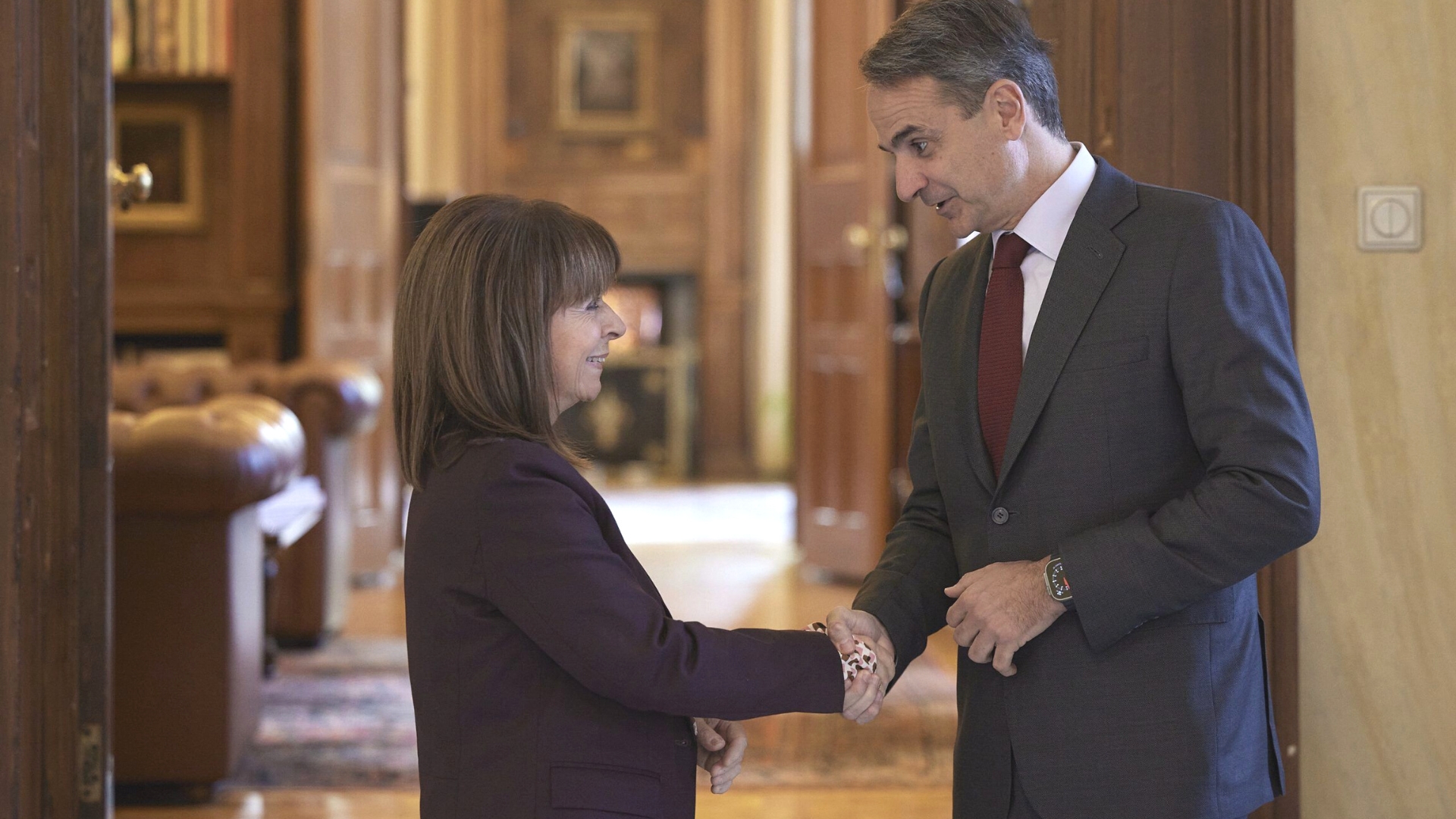Greek Prime Minister, Kyriakos Mitsotakis, hopes to achieve the return of the Parthenon Sculptures to the Acropolis Museum if he wins second term in the upcoming elections in July this year.
Mitsotakis discussed the return of the sculptures in his monthly meeting with President of the Hellenic Republic, Katerina Sakellaropoulou, on Wednesday reported amna.gr.
According to BBC news, the Greek Prime Minister said, “If the Greek people trust us again, I believe we could achieve this target after the elections.”
“In the last years, we have proceeded very methodically and we can already point to some very significant successes. The return of first fragments, such as the “Fagan fragment” or the fragments held by the Vatican, which are returning permanently to the Acropolis museum,” noted Mitsotakis.
“More importantly, we have a very significant change in the UK, on the level of public opinion but also on the level of people that have a view on the issue, from the entire political spectrum, who now openly argue in favour of the need to reunify the Parthenon Sculptures, recognising their uniqueness and their special significance for world heritage,” Mitsotakis further added according to BBC news.

On the opposite end, the Culture Secretary the UK government, Michelle Donelan told BBC news that the Parthenon Sculptures “belong here in the UK” and should not be returned to Greece.
The ancient artworks, better known in the UK as the Elgin Marbles, are currently in the British Museum. Reports have suggested the museum’s chairman, George Osborne, is close to agreeing a deal with Greece, according to BBC news.
Ms Donelan said she’d had “several conversations” with Mr Osborne, the former chancellor. “I think his view on this has been misinterpreted and certainly portrayed wrongly,” she said.
“He’s not about to send them back, basically. That’s not his intention. He has no desire to do that. There’s also been this concept of a 100-year loan mooted as well, which is certainly not what he’s planning either.”
“He would agree with me that we shouldn’t be sending them back, and actually they do belong here in the UK, where we’ve cared for them for a great deal of time, where we’ve allowed access to them.”
Source: BBC news

